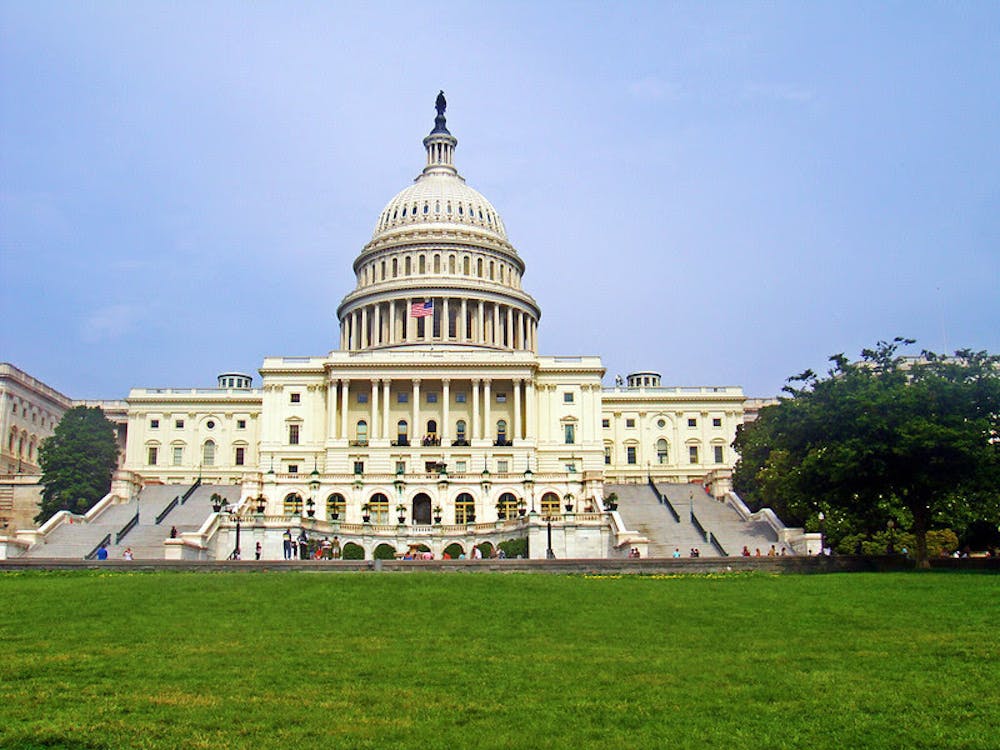Mike Sherr
International Editor
House Democrats attempted to overcome division over President Biden’s agenda during a debate on Aug. 23 and 24 before members of Congress returned to their districts for a week. The main concern of the debate is trying to fix the stalemate between the progressives and moderates of the majority party.
Nine Democrats, including New Jersey Congressman Josh Gottenheimer, announced on Aug. 12 that they will not consider the $3.5 trillion budget resolution until after the $1 trillion infrastructure bill has been approved by the House. The resolution only needs support from Democrats as it is being implemented through the reconciliation process.
In a letter written by the Democrats, provided by The New York Times, they said that “[they] simply can't afford months of unnecessary delays and risk squandering this once in a century, bipartisan infrastructure package.”

According to The Brookings Institute, reconciliation is a way for Congress to pass legislation relating to taxes, spending or debt with only a simple majority and has been used by both Republicans and Democrats. Normally, a bill would need a majority of votes in the House and 60 votes from the Senate to avoid a filibuster. Reconciliation is critical to Biden's legislative agenda as the Senate is only controlled by the Democrats because of Vice President Kamala Harris and the $3.5 trillion package has little support from Republicans.
To use this process, both the House and the Senate need to pass a budget resolution for a given fiscal year that has reconciliation instructions embedded in it. Democrats are drafting a budget resolution for the 2022 fiscal year and will use it to enact Biden’s sweeping social spending plan. The recent dissent by moderate Democrats leaves the reconciliation process in jeopardy as the party only holds the House with a slim majority.
On the left-wing of the party, members of the Progressive Caucus wrote a letter to Speaker Nancy Pelosi and Majority Leader Chuck Schumer stating that a majority of its members will not vote in favor of the infrastructure bill unless the budget increase is voted on either simultaneously or prior to the budget resolution.
Progressives are worried that moderates in the Senate will not pass the full $3.5 trillion package and instead will try to reduce the price. They demanded that measures for climate action, health care reform and a provision that makes community college tuition-free for two years be fully funded in the Senate’s version of the budget resolution.
Pelosi hoped to break the stalemate and, according to Politico, set a deadline for the infrastructure bill vote on Sept. 27. While this decision resolves the problem for the moderates, the progressive’s demands are unresolved.







